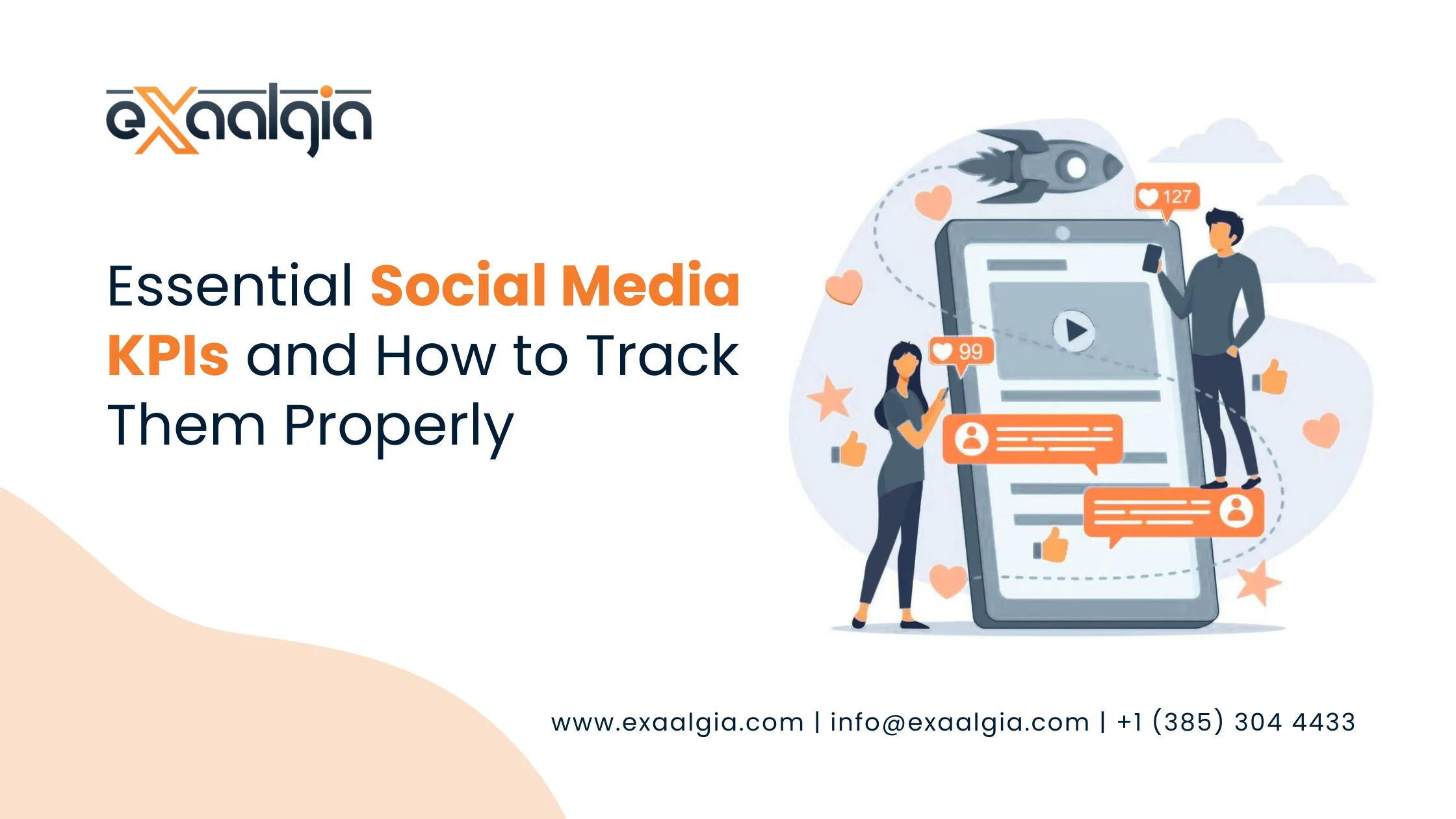But what exactly is a conscious consumer? And how are brands accommodating their needs? This article answers these questions and offers perspective on how your brand can appeal to this important demographic.
The Conscious Consumer: What They Care About
The conscious consumer has a definite sense of when and where to buy, based on which products and companies create the most positive impact on the world. Conscious consumers place a great value on:
Sustainability: Consumers’ choices are eco-friendly and pledge less harm to nature.
Ethical Practices: Conscious consumers support businesses that have policies for fair labor practices, transparency, and corporate social responsibility.
Social Responsibility: They are attracted to those brands that help in solving active social issues. Some of the major social issues are gender equality, education, poverty alleviation, and many more.
How Brands Are Adapting to the Conscious Consumer Revolution
In this decade, it’s expected that for survival, brands need to become conscious of marketing. Here’s how they’re doing it:
1. Shifting to Sustainable Practices
One of the biggest changes is businesses structuring themselves into more viable models. From manufacturing with recyclable materials to reduction in carbon footprints, brands have invested heavily in green initiatives that they hope will attract the environmentally-conscious consumer.
Example: Patagonia
Patagonia has built its brand on the premise of sustainability. With programs such as mending old goods rather than encouraging people to buy new ones, the brand captures an entire constituency core sensitive to the environment.
Tip: Start small. Even small things, like sustainable packaging, can make all the difference to the consciousness of consumers who think about your brand.
2. Transparent and Ethical Marketing Tactics
Buyers nowadays are seeking more transparency from companies. Showing one’s ethics, whether in material sourcing or employee treatment, builds trust and creates loyal customers.
Example: Everlane
Everlane’s “radical transparency” model shows customers just how much the products cost them to make in materials, labor, and transportation. This open-book approach resonates with the conscious consumer who wants to know just where his or her money is going, exactly.
Tip: Make transparency a key part of your marketing strategy. Share your journey toward ethical practices in your content to build trust.
3. Aligning with Social Causes
Brands that identify with meaningful social causes attract consumers who care about leaving a positive impact on the world. Conscious consumers love businesses that have an avid passion for social good.
Example: TOMS
The “One for One” campaign by TOMS is a very good example of alignment with a social cause every pair sold, a pair is donated to someone in need. The model directly speaks to a consumer who wishes their purchases are contribute and make an impact.
Tip: Select a cause that aligns with your brand values and stick with it. Be authentic; don’t jump on some bandwagon just because it earns you publicity.
4. Employing Conscious Marketing Practices
Conscious marketing nurtures a more trustworthy relationship with customers by anchoring marketing activities on enterprise values. This involves refraining from manipulative approaches and instead embracing transparency, education, and the crafting of meaningful relationships.
Example: The Body Shop
The Body Shop has always spoken loudly about ethical beauty, and its ad campaigns run around fair trade, sustainability, and cruelty-free products. That commitment to conscious marketing helps strike a chord with consumers valuing ethical beauty products.
Tips: Use your marketing channels to educate your audience about things that matter. Give more than just product value to create a community of conscious consumers.
5. Leveraging Digital Marketing Services for Conscious Engagement
If your brand wishes to appeal to today’s more conscious consumer, SEO and CRO form part of a sterling strategy. Brands are now taking advantage of digital marketing services to ensure their online visibility so that values-driven buyers can find them with ease.
Example: SEO and CRO Services by Exaalgia
With strategic SEO and CRO services, brands can make their existence seen and convert the traffic into customers. Conscious consumers do much research before buying; an optimized online presence helps to grab their attention.
Tip: Invest in the required digital marketing services so that your conscious marketing tactics can reach the exact target audience. You might focus on SEO services in the USA, or wherever needed, based on your targets.
Join the Conscious Consumer Revolution with Exaalgia
The conscious consumer is here to stay, and brands that can fit into their values will benefit from it. Be it sustainability, ethics, or making a meaningful social impact, authenticity, and transparency are the keys to success in this revolution.
Are you ready to build a conscious marketing strategy that speaks to your audience and attracts values-driven buyers? Let the Exaalgia digital marketing services drive in values-driven buyers for your brand. To get started, be sure to get in touch with us immediately!
Frequently Asked Questions
1. What is a conscious consumer?
A conscious consumer is a consumer who grants or withholds business based on reasons having to do with social, environmental, or other issues of ethics. They decide to support organizations whose values align with theirs.
2. How can my brand attract conscious consumers?
Empathize with the conscious consumer by touting transparency, sustainability, and social responsibility. Your marketing should be authentic and compete with your values.
3. Why is transparency important in conscious marketing?
Transparency builds consumer trust by empowering the consumer through better choices. Any brand willing to open up and show where and how their products are made and their ethical labor practices will hold a higher appeal to the conscious buyer.
4. What is conscious marketing branding?
Brands like Patagonia, Everlane, TOMS, and The Body Shop build their marketing upon conscious practices such as sustainability, ethical sourcing, and social responsibility.
5. How can digital marketing services help my brand reach conscious consumers?
How do digital marketing services support reaching my conscious consumer? Digital marketing services, such as SEO and CRO, increase the visibility of your brand online. Targeting terms like “Conscious Consumer” will make sure your brand is in front of the right eye with optimized search results.







